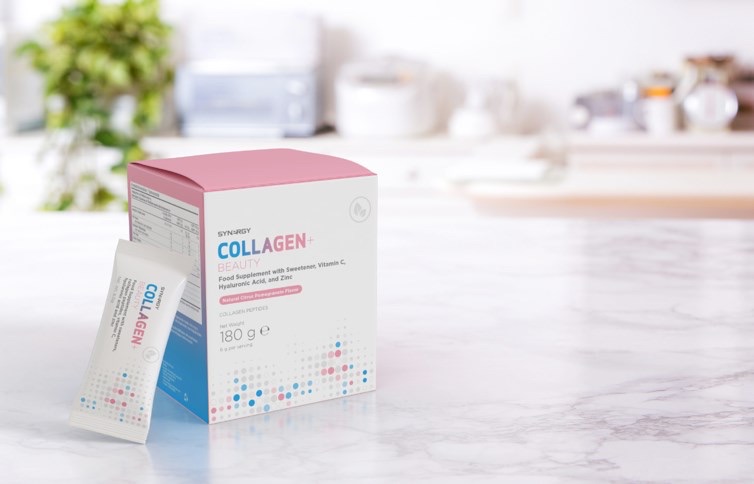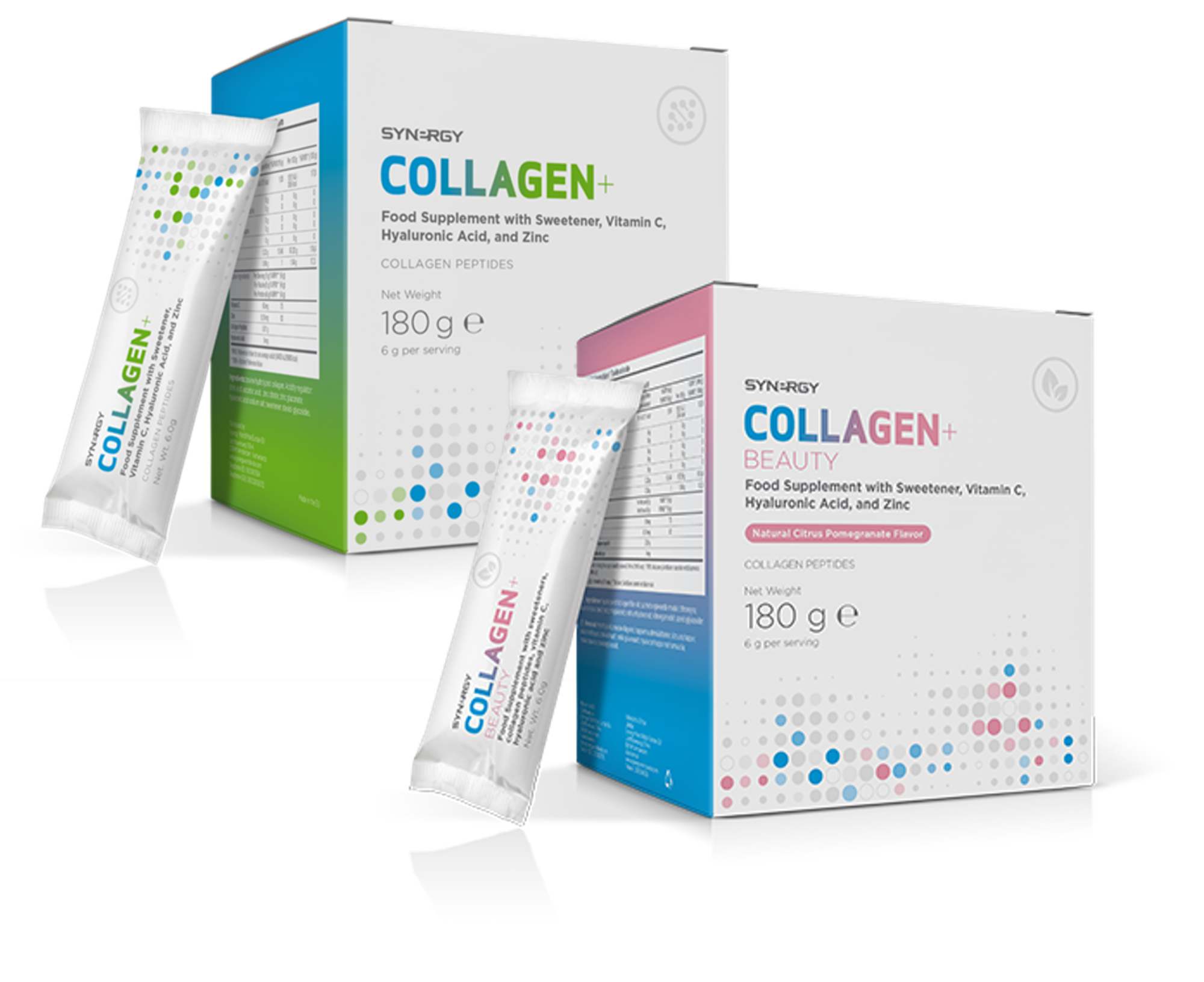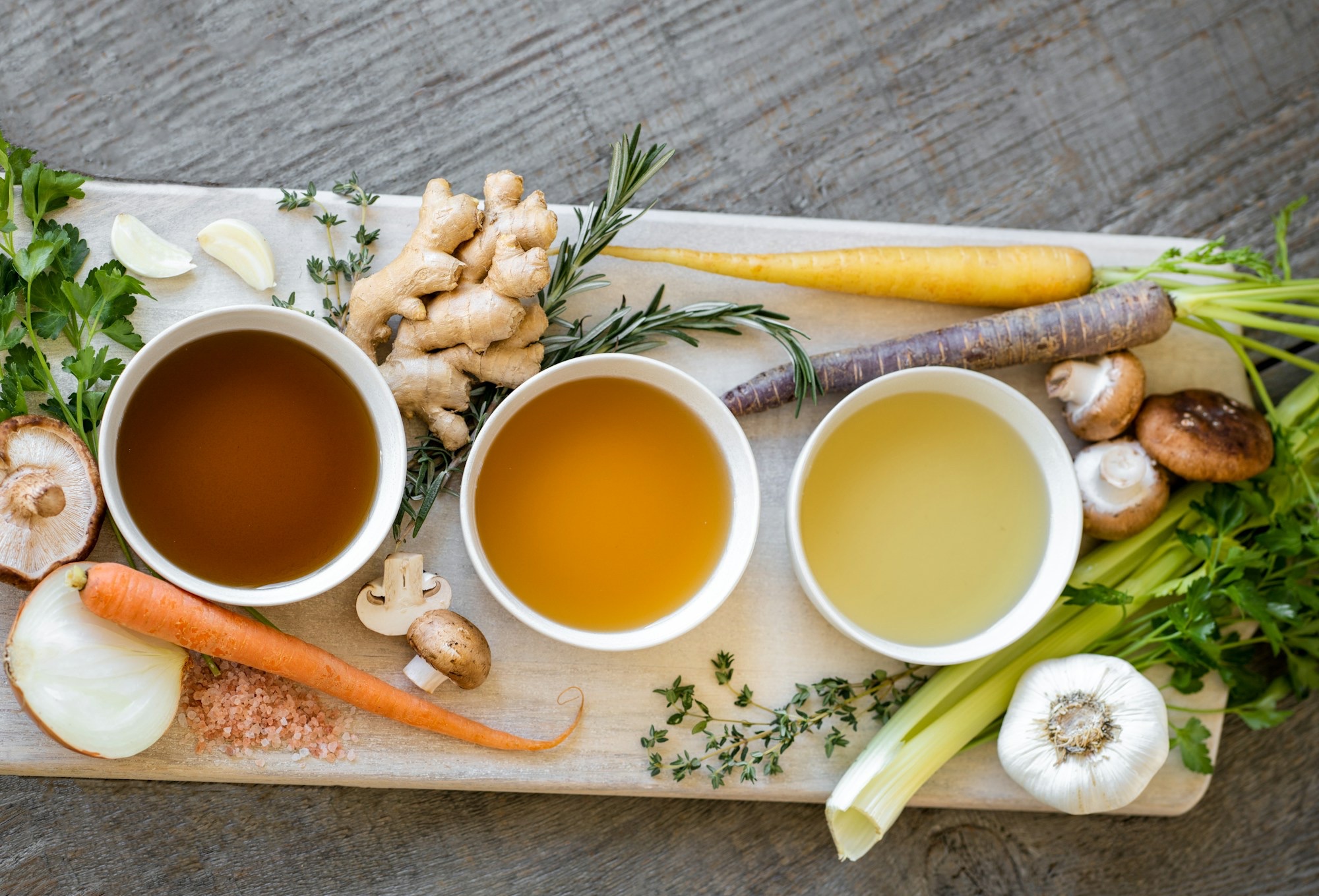Collagen for Women: Boost Your Gut Health, Joints, and Manage Menopause

This week I am talking about Collagen, which comprises one-third of the protein in our body. As we age we produce less collagen, which can potentially offer several benefits for women's health, including support for gut health, joint health, and managing menopause symptoms. Here's how:
- Gut Health Benefits of Collagen,: Collagen is a major component of the intestinal lining, which helps maintain its structural integrity. By supporting gut lining health, collagen may contribute to a healthy gut microbiome and help prevent conditions like leaky gut syndrome. This can lead to improved digestion and nutrient absorption, as well as reduced inflammation in the gut.
- Collagen for Joint Health in Women: Collagen is a key component of cartilage, the tissue that cushions joints and helps maintain their flexibility and mobility. As women age, collagen production naturally declines, which can contribute to joint stiffness, pain, and reduced mobility. Supplementing collagen may help support joint health by providing the necessary building blocks for cartilage repair and maintenance.
- Collagen For Menopause Symptoms: During menopause, hormonal changes can lead to symptoms such as hot flashes, night sweats, mood swings, and changes in skin elasticity. Collagen supplementation may help alleviate some of these symptoms by supporting skin health and elasticity, as well as providing structural support to tissues throughout the body.

Some people find taking a collagen supplement very beneficial, however, with so many products on offer, how do we know what to look out for? Here are the two main types that are most commonly used, marine collagen and bovine collagen: When choosing between marine collagen and bovine collagen, consider factors such as dietary preferences, potential allergies, and any specific health goals you may have. Both types of collagen can offer similar benefits, so it ultimately comes down to personal preference.
- Marine Collagen: Marine collagen is derived from fish sources, typically fish skin or scales. Marine collagen is often preferred by those who have dietary restrictions or preferences, such as individuals who avoid beef or pork products.
- Bovine Collagen: Bovine collagen is derived from the skin, bones, and connective tissues of cows. It is one of the most common sources of collagen supplementation and is known for its rich collagen Type I and Type III content, which are particularly beneficial for skin, hair, nails, gut, and bone health.
Absorbing collagen supplements. High-quality collagen supplements are typically hydrolyzed, meaning they have been broken down into smaller peptides for easier absorption by the body. Consuming collagen supplements with vitamin C may also enhance absorption, as vitamin C plays a key role in collagen synthesis. The collagen I use contains vitamin C, (75% of RWS) hyaluronic acid and zinc (82% of RWS) for efficient protein synthesis. The use of hydrolysed collagen makes it easier to absorb into the bloodstream. It is produced by the company Itself which is important as the efficacy of the product can be traced to the source. It's essential to follow the recommended dosage instructions provided by the manufacturer and consult with a healthcare professional before starting any new supplement regimen, especially if you have underlying health conditions or concerns.
Perhaps you prefer to add collagen to your diet by consuming Bone broth. Below I have shared a simple recipe for chicken bone broth. Use organic ingredients for this recipe if you can access them.

Here's a gut-friendly recipe that is high in collagen:
Chicken Bone Broth
Ingredients:
- 1 whole organic chicken carcass (including bones, skin, and any leftover meat)
- 2 carrots, chopped
- 2 celery stalks, chopped
- 1 onion, quartered
- 4 cloves garlic, smashed
- 2 tablespoons apple cider vinegar
- 1 tablespoon peppercorns
- 2 bay leaves
- Water, enough to cover the ingredients in the pot
- Salt, to taste
Instructions:
- Rinse the chicken carcass under cold water and place it in a large stockpot or slow cooker.
- Add the chopped carrots, celery, onion, garlic, apple cider vinegar, peppercorns, and bay leaves to the pot.
- Fill the pot with enough water to cover all the ingredients.
- Bring the mixture to a boil over high heat, then reduce the heat to low and let it simmer for at least 6-8 hours (or up to 24 hours for maximum collagen extraction if using a slow cooker), skimming off any foam that rises to the surface.
- After simmering, remove the pot from the heat and let it cool slightly.
- Strain the broth through a fine-mesh sieve or cheesecloth into a large bowl or container, discarding the solids.
- Season the broth with salt to taste.
- Allow the broth to cool completely before storing it in the refrigerator or freezer. Once cooled, the fat will rise to the top and solidify, making it easy to remove if desired.
- Use the bone broth as a base for soups, stews, and sauces, or simply enjoy it warm in a mug.
Bone broth is rich in collagen, gelatin, and other nutrients that support gut health, joint health, and overall well-being. Enjoying a warm cup of homemade bone broth regularly can be a delicious and nourishing addition to your diet.
I have an affiliate account with Synergy Worldwide. They offer a range of supplements that they manufacture themselves. If you purchase from this link I do receive a commission. I chose this brand due to the efficacy and effectiveness of the products. You can purchase here Collagan
Comments